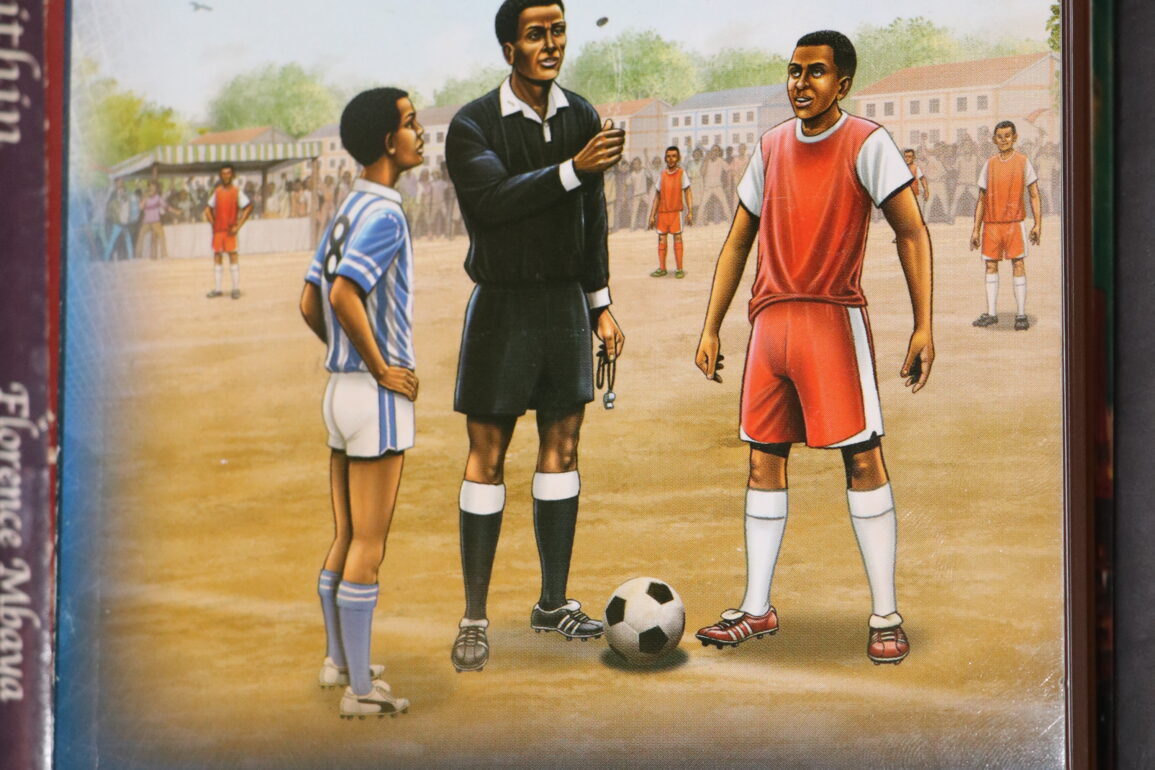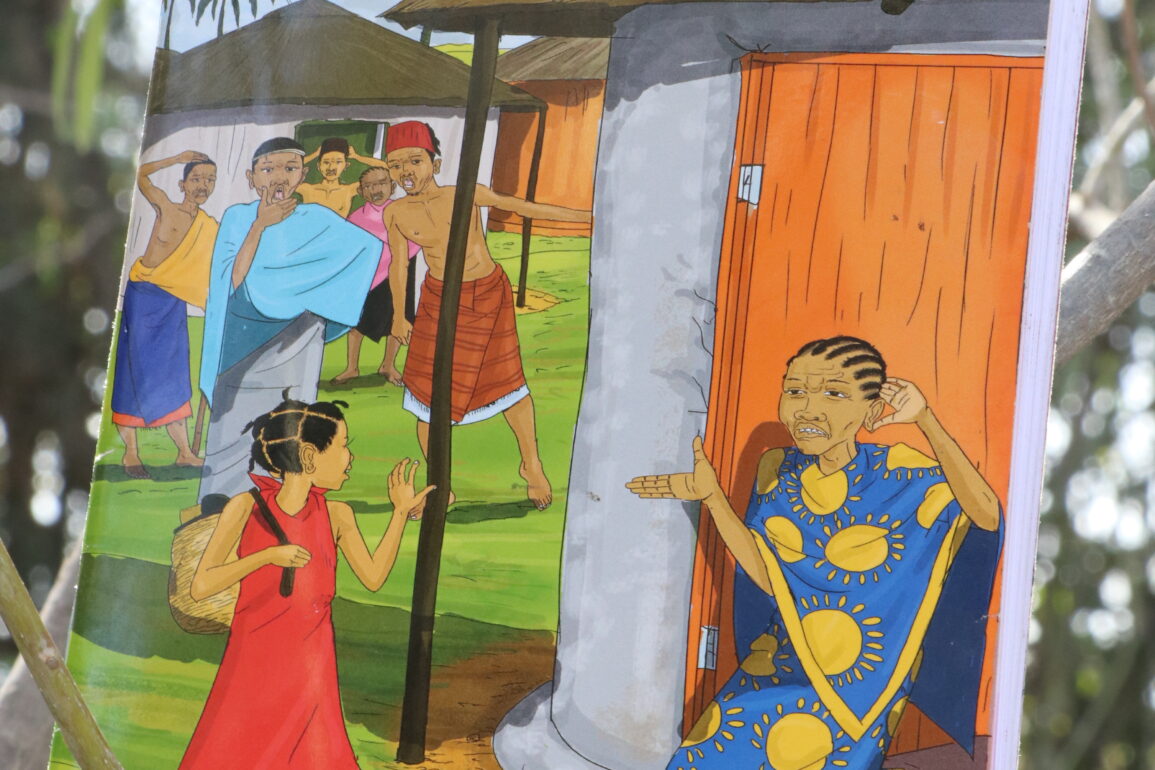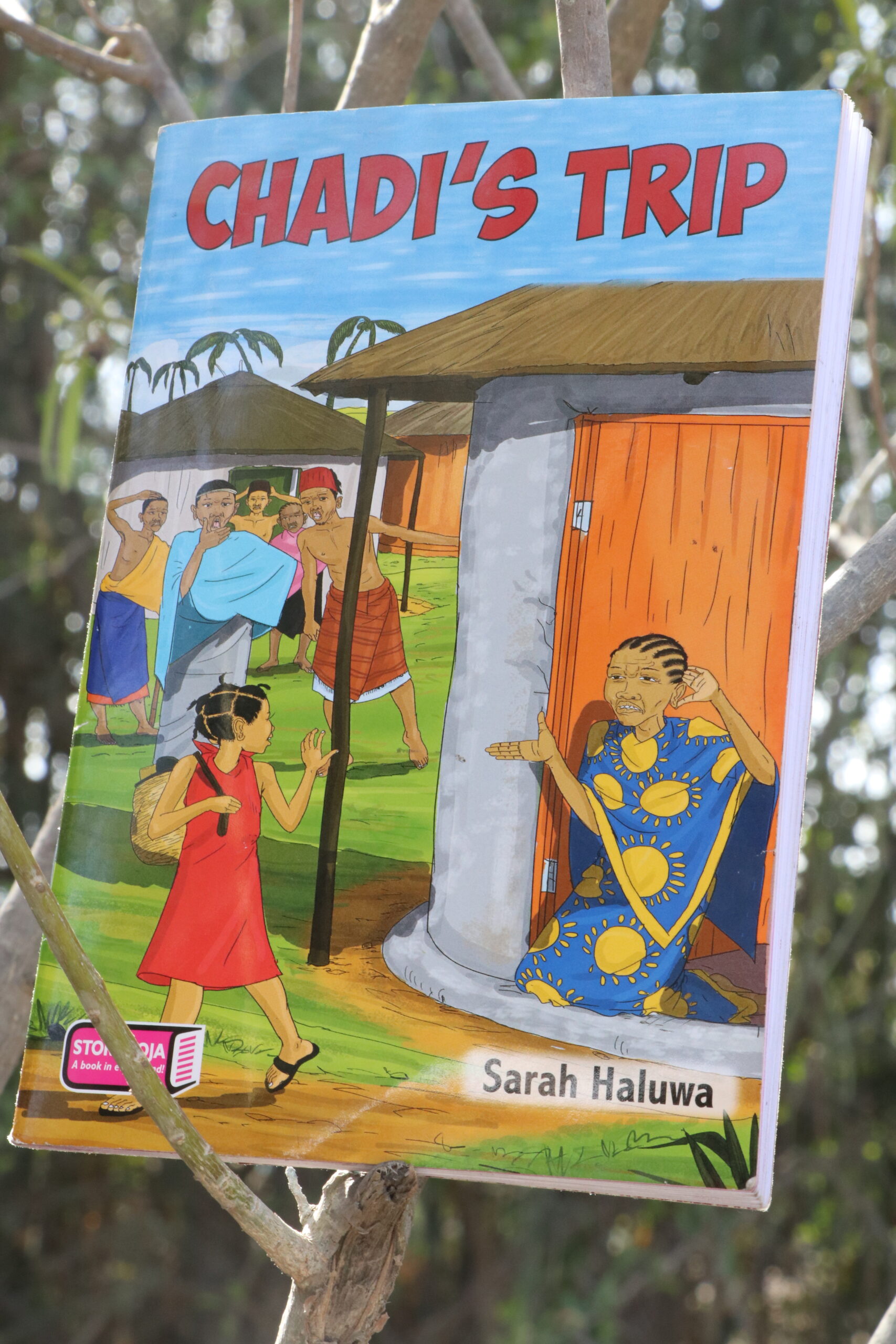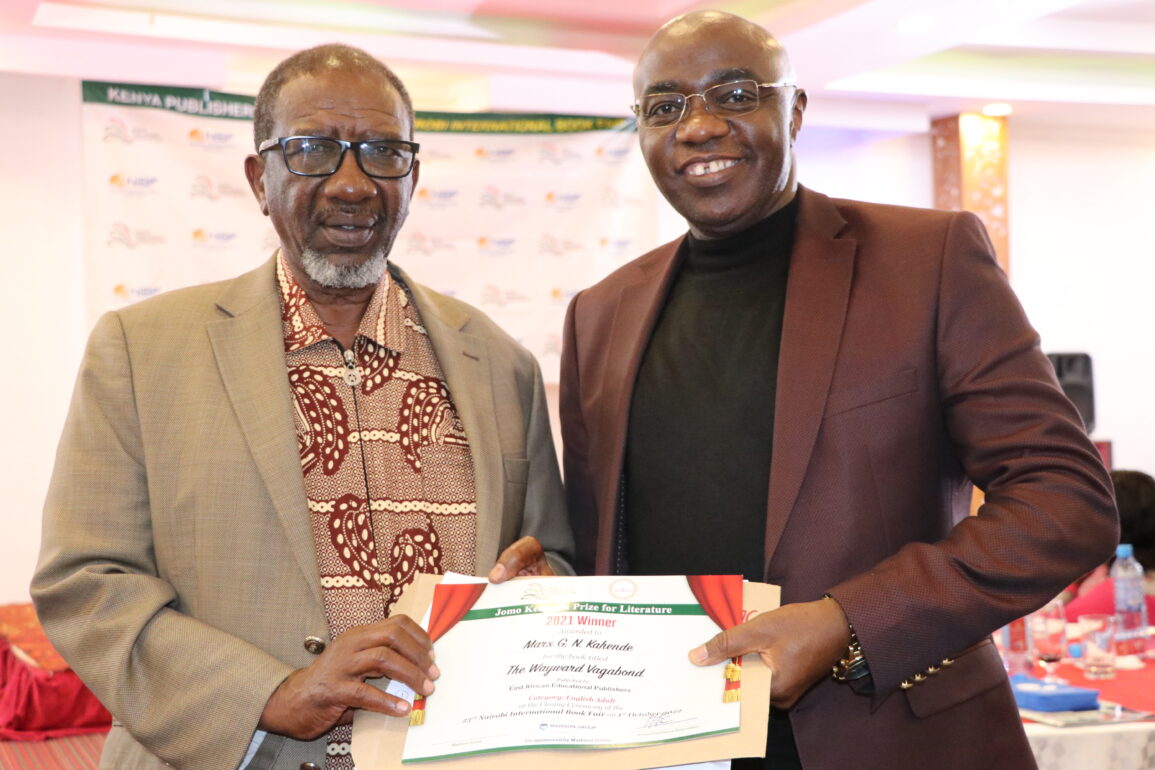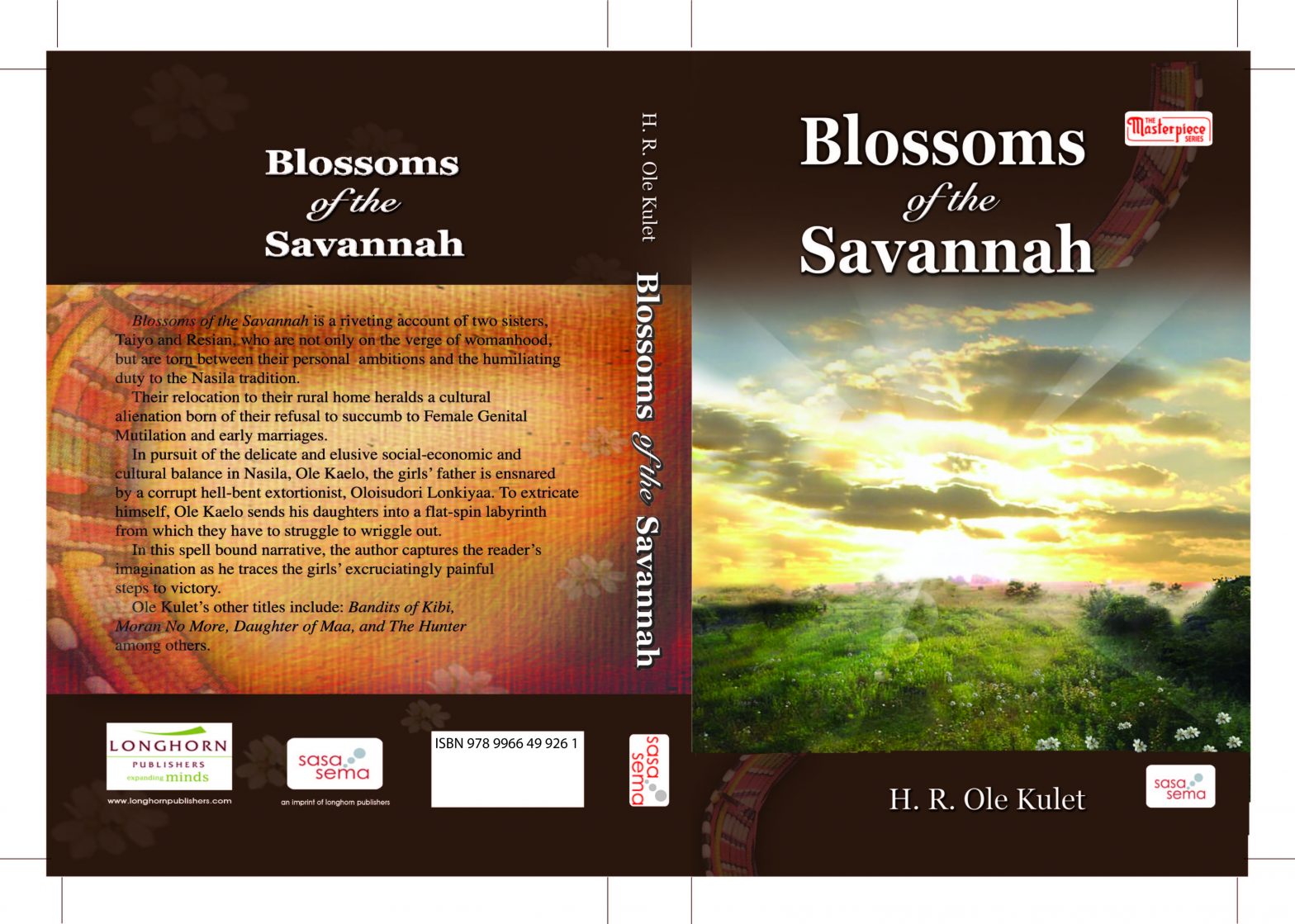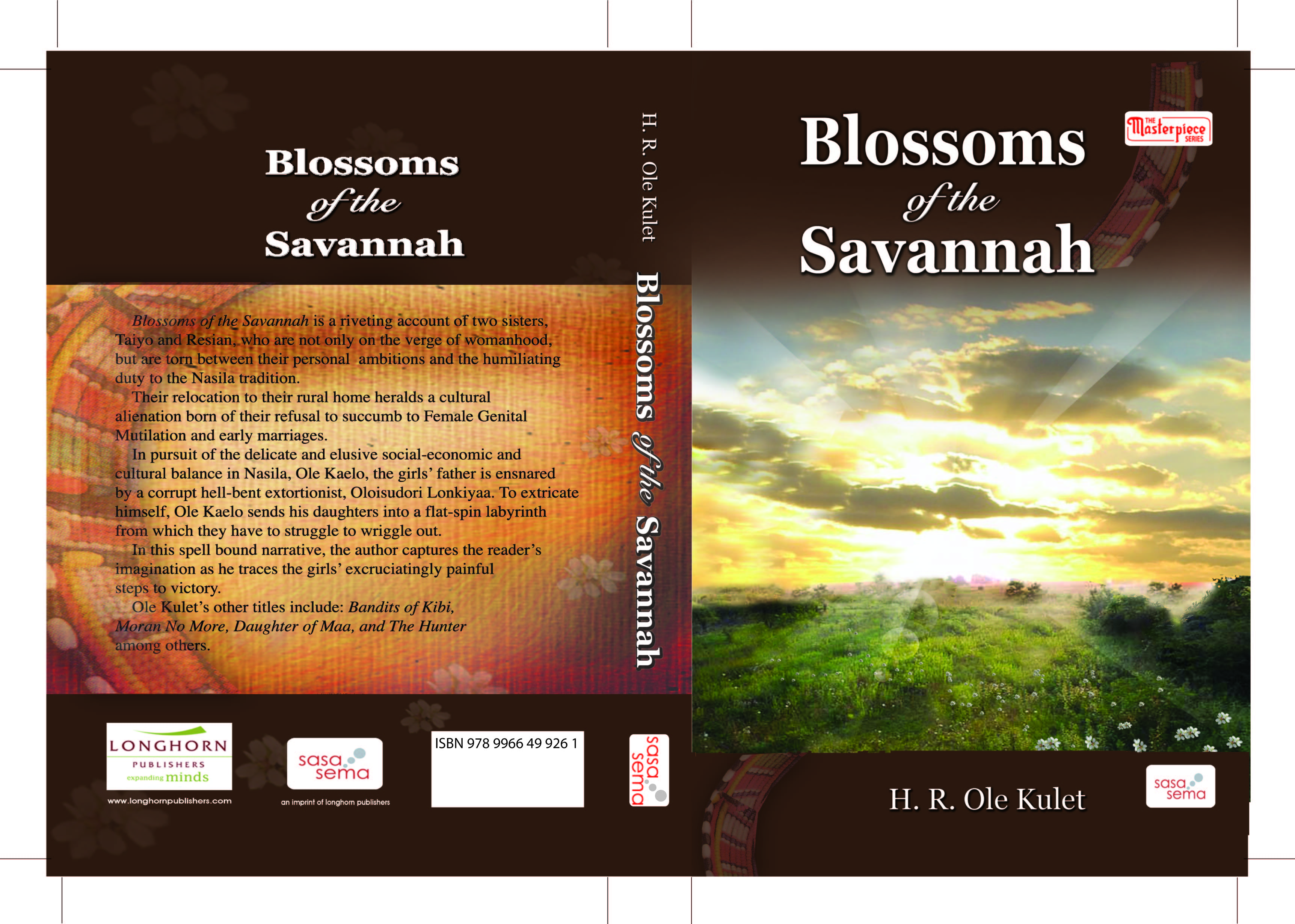Title: Benji’s Big Win
Author: Nducu wa Ngugi
Publisher: East African Educational Publishers
Availability: Leading Bookstores
Reviewer: Mbugua Ngunjiri
Though he enjoys his life in school, there are a number of things bothering Benji.
Top of them is his father’s apparent disinterest in his budding football career. He is not only the top striker in Kamden Boys School, he is also the team captain. Not once has his father, Musa come to watch any of his games; which is rather baffling considering that the father used to be a star footballer in his youthful days.
Karis is the other major source of Benji’s worry. A big bodied boy, Karis has been tormenting Benji through incessant bullying, to a point of him getting recurring nightmares. While his mother is sympathetic about the situation, the father comes down hard on the lad, wondering aloud why the son can’t stand up to the bully.
Then there are loggers, who with the apparent backing of government, have invaded Loki forest, cutting down trees. Keepers, the local environmental lobby group, led by Benji’s mother, appears to have hit a brick wall in terms of stopping the destruction of the forest. Benji and his friends are worried about the adverse environmental consequences that will befall their community as a result of the ongoing forest destruction.
Benji is the lead character in Nducu wa Ngugi’s book Benji’s Big Win, which won the Jomo Kenyatta Prize for Literature, in the youth category, this year. Nducu is one Ngugi wa Thiong’o’s offsprings, trying to follow their famous father’s footsteps in making a name for themselves in the world of writing. This is Nducu’s second book after City Murders, published by East African Educational Publishers, which also happens to be his father’s Kenyan publisher.
In the book, the reader follows Benji’s escapades and close calls, waiting to see how his troubles are going to get resolved.
Soon, we get an inkling of why Musa appears to be dead set against his son’s football career. He has health issues arising from an injury he sustained as a footballer for Umoja Stars, the national team, while playing against the Indomitable Lions of Cameroon. This injury almost rendered him immobile, he is constantly on medication and undergoing therapy.
As a result, Benji’s father is stays at home, jobless, and has to rely on his wife to provide on the family. Though it is not spelt out in black and white, in the book, Musa must be anxious and worried that his son might suffer similar fate and be faced with an uncertain future. That is why he insists that Benji instead focuses on his studies, as that is what guarantees his future.
Using Musa’s example, the author brings out the sad state of footballers and other athletes, in Kenya, who lack support structures from the government and end up leading pathetic lifestyles. Perhaps this explains why our football remains stunted as the players are constantly on the lookout for alternative sources of earning a livelihood; local football cannot guarantee that.
On the family front, we see the tension in Musa’s household, where his wife is the sole bread winner as the husband is incapacitated. Though she doesn’t show it, she must be feeling the strain of providing for her family alone. Already, there are signs of latent friction with Benji’s parents, when Musa gives his son an order and his wife reverses it.
Many families are undergoing almost similar troubles, particularly post-Covid, when many bread winners were rendered jobless and have had to rely on their spouses. Some families completely fell apart. Though the book does not give Musa’s perspective, no doubt he must feel his authority, as the man of the house, undermined; sickly and jobless, now seeing his wife and child disobey his orders. Thank God the family is still intact, but for how long?
Not as lucky though is Abele’s family. Abele is a beautiful girl, Benji has eyes for. She hails from Balaza Estate, in Nairobi, but stays in Loki with her uncle due to the fact that her own father is unable to sufficiently provide for his family. Abele is thus one mouth less to feed.
Meanwhile, the matter of Loki forest’s destruction sticks out like a sore thumb among residents of the community. Well, this is not a new phenomenon in Kenya. We have seen politically connected individuals being allowed to visit destruction on the environment by settling in protected forests like in the case of Mau. Before that, there was the protracted struggle to save Karura Forest; a struggle that won the late Wangari Maathai, the Nobel Prize.
On the bullying front, Karis is unrelenting. There are several episodes where Benji comes off worse for wear.
Karis’ bullying gets worse and is expelled from Kamden to Mawingu, a neighbouring school.
Still, a final showdown looms between the two protagonists when they come face to face in the local ‘derby’; a grudge match between Kamden and Mawingu.
The prize is too tantalizing for Benji. For one, winning the game will win him local bragging rights and the affections of Abele, who is also being courted by his nemesis, Karis.
During the game, Karis goes personal on Benji, a fight almost breaking out between the two. Despite huge odds, Benji scores the winning goal for his school. Icing on the cake is when, at the end of the game, Benji realises that his father was among the spectators, cheering him on.
Upon losing the game, Karis mellows down and seeks Benji’s forgiveness.
Though Benji wins the affections of Abele, he loses her as she is forced to go back to Nairobi, since his uncle is now unable to take care of her.
The book ends without the issue of Loki Forest being resolved. Could this be a signal that a sequel to the book is in the works. This is not far-fetched for, towards the end of the book, Benji and his pal, Jasper are plotting to visit Abele in Balaza.
Benji’s Big Win makes for interesting reading but the author needs to work on a few issues to improve on his craft. First, his writing needs to be grounded on some reality. How is it that Benji learns, at the last minute, that Karis is playing for Mawingu? Even prior to his expulsion, there was no mention of Karis’ involvement in football. Just like with Benji’s example, football requires commitment and regular training. One just doesn’t wake up and find themselves lining up for a major tournament.
The author’s stay abroad shows in his usage of US phrases and words. While these do not hurt, some words like cleats, for football boots, as it is understood locally, might end up confusing the young readers.
All in all, Benji’s Big Win is a major score for Nducu and the fact that it won an award is testament to his writing potential.


